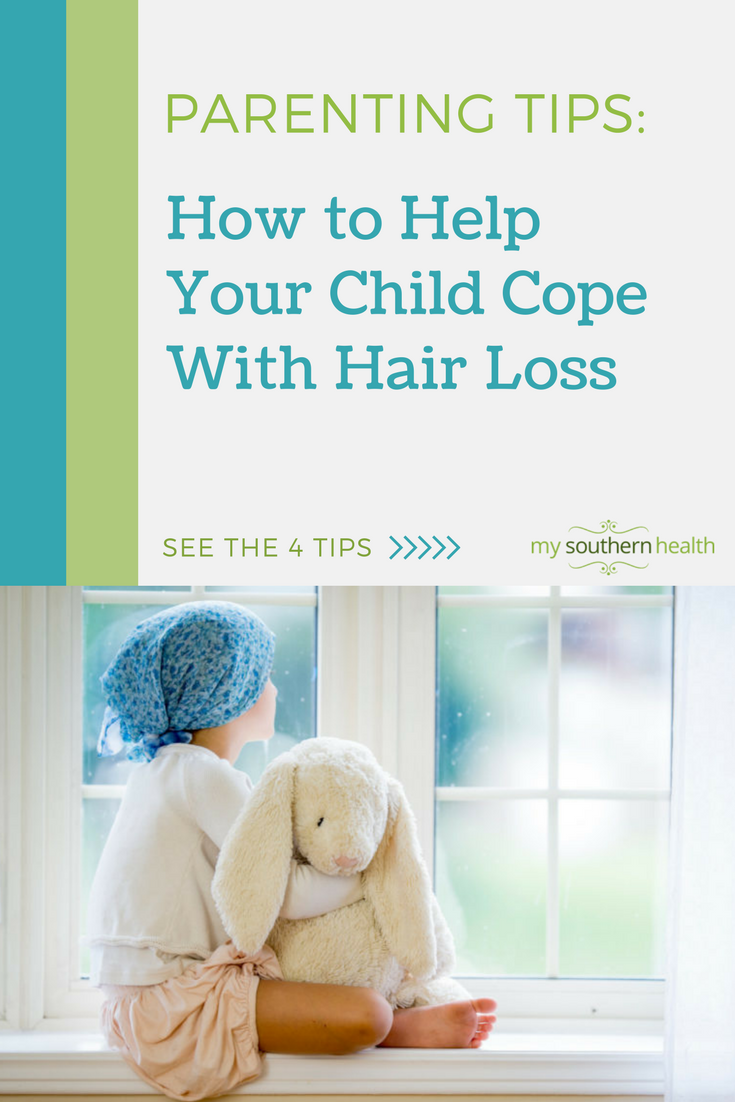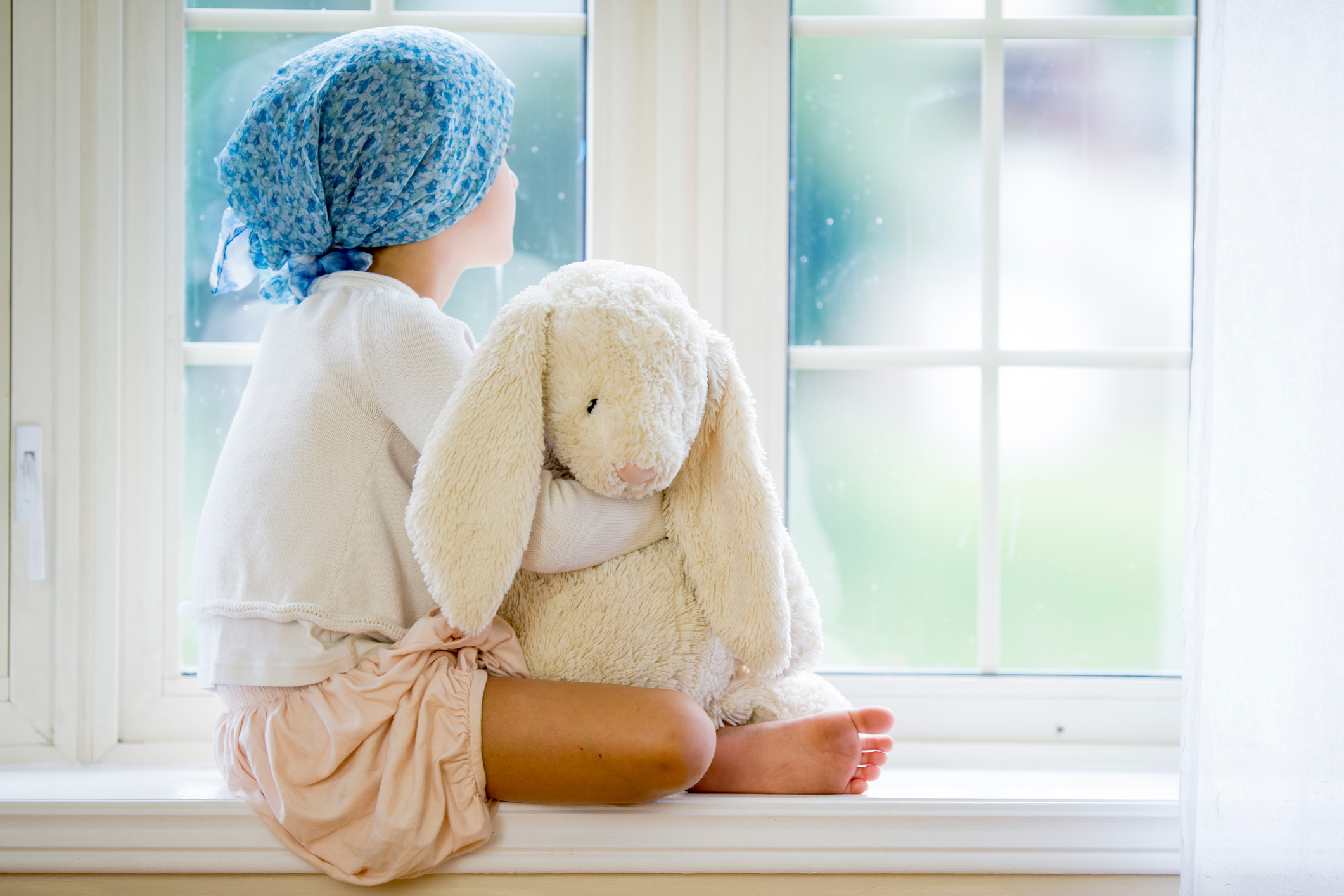Children who’ve experienced it offer advice on coping with losing your hair.
As a child life specialist, I help prepare children experiencing a new diagnosis of cancer or another diagnosis requiring chemotherapy for many new experiences and changes, including hair loss. Depending on the age of the children and their attachment to hair, it can be scary, sad, or just another day.
Below you will find practical tips for coping with hair loss in children — all from kids and parents who have experienced it firsthand.
“It just started coming out. I looked down and it was in my hands.” (Adolescent boy, age 17)
Every child I asked during clinic appointments that week shared the first shock of hair loss that happened when they were washing their hair. Many said they saw their hair in their hands and knew it had started, and then realized their hair was on their pillow or anywhere else it landed. Many older children advised “once it starts falling out, just shave it off” whereas a couple of younger boys and girls wanted to wait until it fell out on its own.
“I dyed it pink and so did my mom.” (Adolescent girl, age 13)
Children have many options when they find out they will experience hair loss. Many children dye their hair a fun color, cut it short or into a Mohawk, plan a head shaving party, or even rally some friends or family members to experience hair loss with them! When hair loss is not a choice, choosing to do something fun with it can help a child feel more control.
“Hats, scarves, and other accessories can help when you don’t have your ‘hair accessory’ anymore.” (School-age girl, age 9)
Helping children prepare for hair loss by practicing on a doll or choosing new hats or scarves can make the experience more normal. Dolls can also be helpful for this transition. For instance, Barbie offers dolls that are bald but have wigs, scarves, and other items for accessorizing. Some children may want to cut their favorite doll’s hair just like their own.
“It didn’t hurt (referring to hair loss)! Actually, I do not like being ‘un-haired’ because when the toy hit my head it hurt!” (pre-school girl, age 4)
Children never cease to surprise me. When asked about her hair loss, a 4-year-old girl shared the above statement. She did not care that she did not have hair, only that the padding she once had for flying toys was gone. I tried to stay serious, but laughter filled the room as her parents and I shook our heads and realized hair loss is only as serious as you make it.
As temporary hair loss is common among many kids experiencing cancer or other treatments, many children with other diagnoses can also have their hair stop growing indefinitely. While each child copes with hair loss differently, the most common sentiment I hear is “you just get used to it.”
If you or a child you know has experienced hair loss, what helped them cope? Share them in the comments below.
This post was written by Katie Beard, a certified Child Life Specialist in the Hematology/Oncology outpatient clinic who knowledge of child development and the necessity of play to help kids and parents cope with the hospital environment. On any given day she can be found blowing bubbles or singing songs, using drawings to explain a new diagnosis, or leading a brave parade after a particularly difficult poke.

To learn more about the Hematology and Oncology programs and services at Monroe Carell Jr. Children’s Hospital at Vanderbilt, click here or call 615-936-1762.

